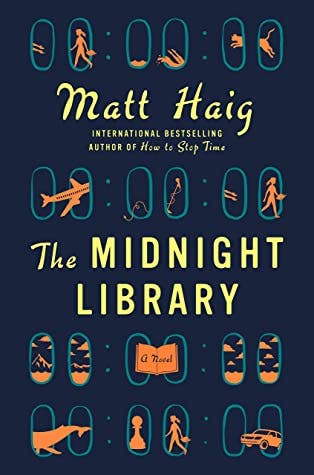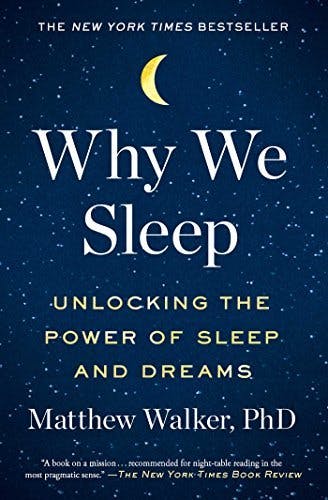Why We Sleep: Unlocking the Power of Sleep and Dreams Summary
Key Takeaways
- Sleep significantly enhances memory, creativity, and problem-solving abilities.
- Lack of sleep is linked to numerous health issues, including heart disease, stroke, and Alzheimer's.
- Regular sleep schedules help regulate mood and stress levels.
- Sleep impacts metabolism and weight; consistent sleep deprivation can lead to weight gain.
- Driving sleep-deprived can be as dangerous as driving intoxicated.
🌿 ReflectBay
Overthinking again?
You're not too much. You're just overwhelmed and it's okay. We help you untangle the noise and feel calmer.
We'll help you...
Summary
Matthew Walker provides a thorough examination of sleep and its crucial role in human health. He starts by detailing the science of sleep, including its cycles and the effects of sleep deprivation on the brain and body. This sets the stage for a deeper understanding of why sleep is not merely rest, but a complex and vital process that impacts everything from cognitive function to longevity.
In the subsequent sections, Walker discusses the alarming prevalence of sleep deprivation in modern society and its implications for public health and safety. He provides compelling evidence linking insufficient sleep to chronic illnesses such as cardiovascular diseases, obesity, and mental health disorders, advocating for sleep as a public health issue that requires more attention and policy changes.
The book also delves into the benefits of quality sleep, presenting case studies and research findings that show how proper sleep enhances learning, memory, and emotional stability. Walker gives practical advice on improving sleep hygiene, addressing common disturbances and myths about sleeping pills and alcohol.
Concluding with a call to action, Walker emphasizes the need for a cultural shift to prioritize sleep, suggesting changes in school start times, work schedules, and lighting environments. His persuasive arguments and actionable solutions make a compelling case for the critical importance of sleep, aiming to shift reader perceptions and societal norms about the night.
Also recommended

The Midnight Library
Matt Haig
The Alchemist
Paulo Coelho
